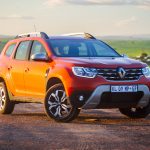Sony launches the WF-1000XM6 in South Africa with upgraded noise cancelling, better call clarity and premium sound. Pricing starts at R7,999.
Review: Hyundai Tucson Elite 2.0 Diesel
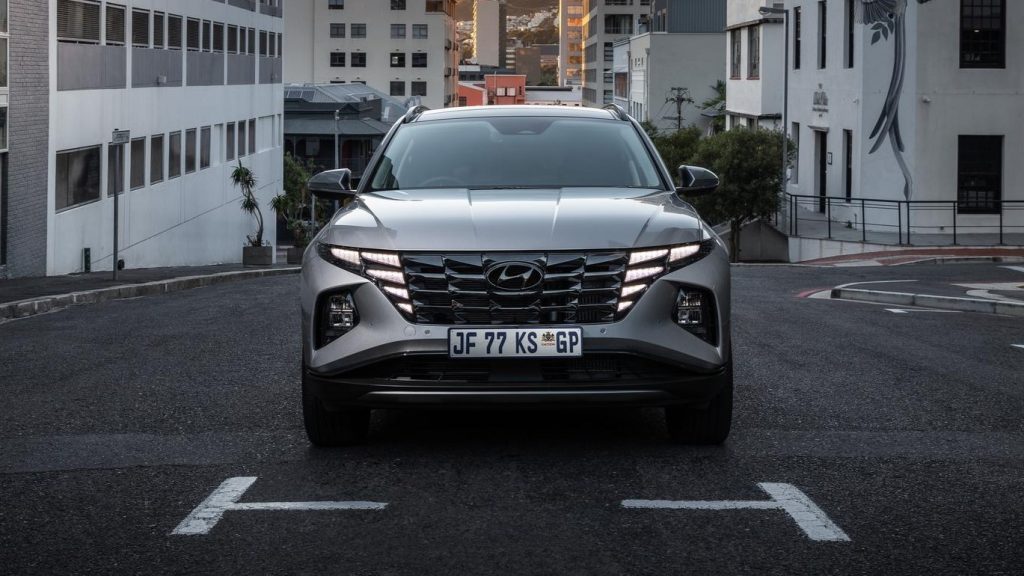
Tucson. So often mispronounced by South Africans, but a trendy crossover/SUV all the same. This Hyundai has transformed from a generic RAV4 rival to avant-garde design over time.
With many creased surfaces, the design might have become too bold for some, but it’s not shy. And for a brand like Hyundai, which has spent three decades establishing its presence for quality, affordability and build quality in the South African market, it can afford to be bold. It’s earned the trust, now there’s the question of enhancing that with design nous.
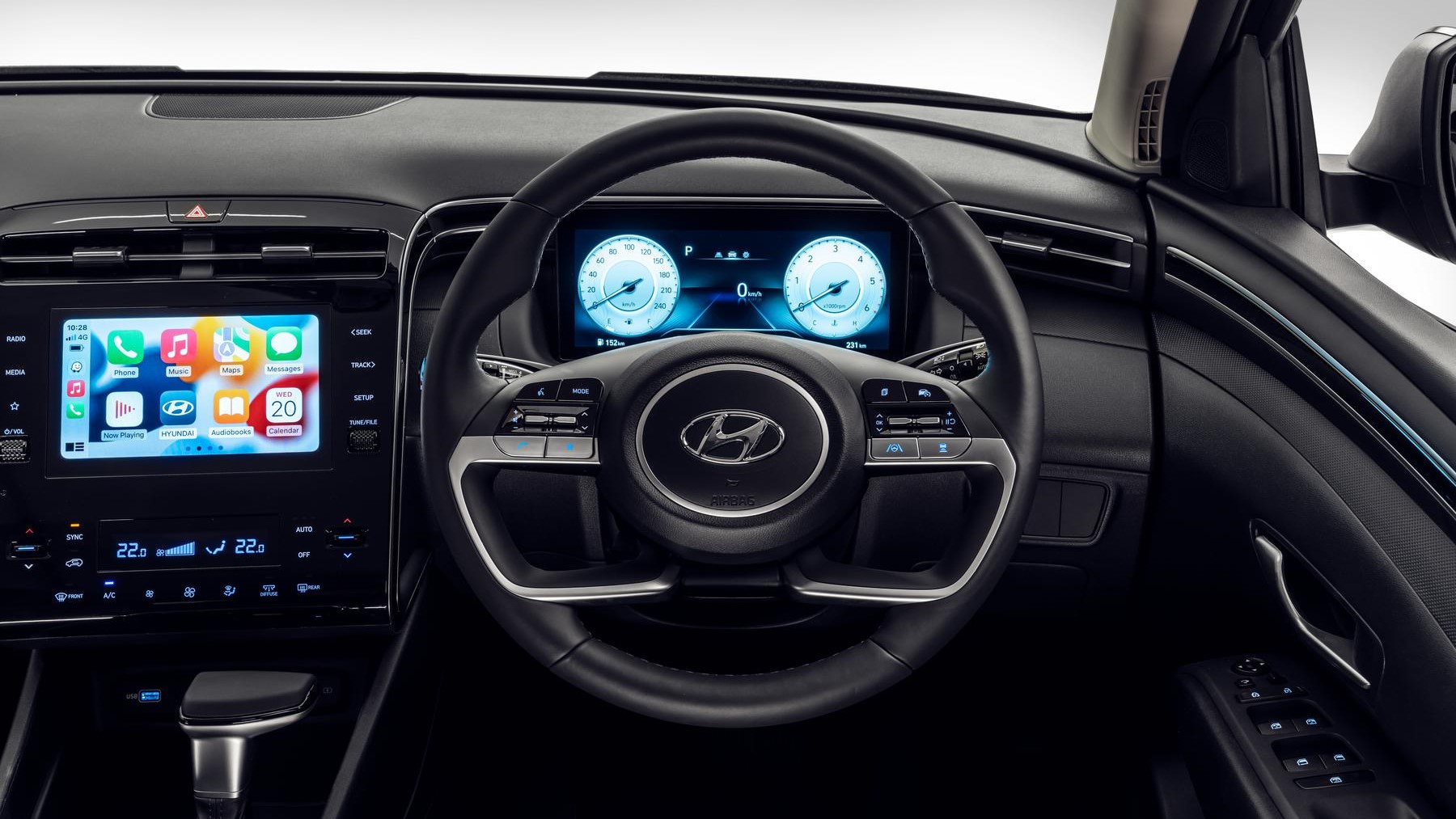
Not bland – at all
Beyond the striking design, with its ornately geometric touches, from the front quarter panel to those 19-inch wheels, Tucson is still a Hyundai at its core. And that is a byword for product quality.
The list of standard features is comprehensive, as you’d expect from a Korean car.
Heated/ventilated seats, panoramic roof, heated steering wheel, wireless charging pad, Apple CarPlay/Android Auto, 10.25-inch digital display, drive modes, auto lights and -wipers, are all factory fitted, instead of optional upgrades. Infotainment is predictably seamless and responsive, as expected from anything Korean. Device paring and function mirroring are logical and operate with little frustration or lag.
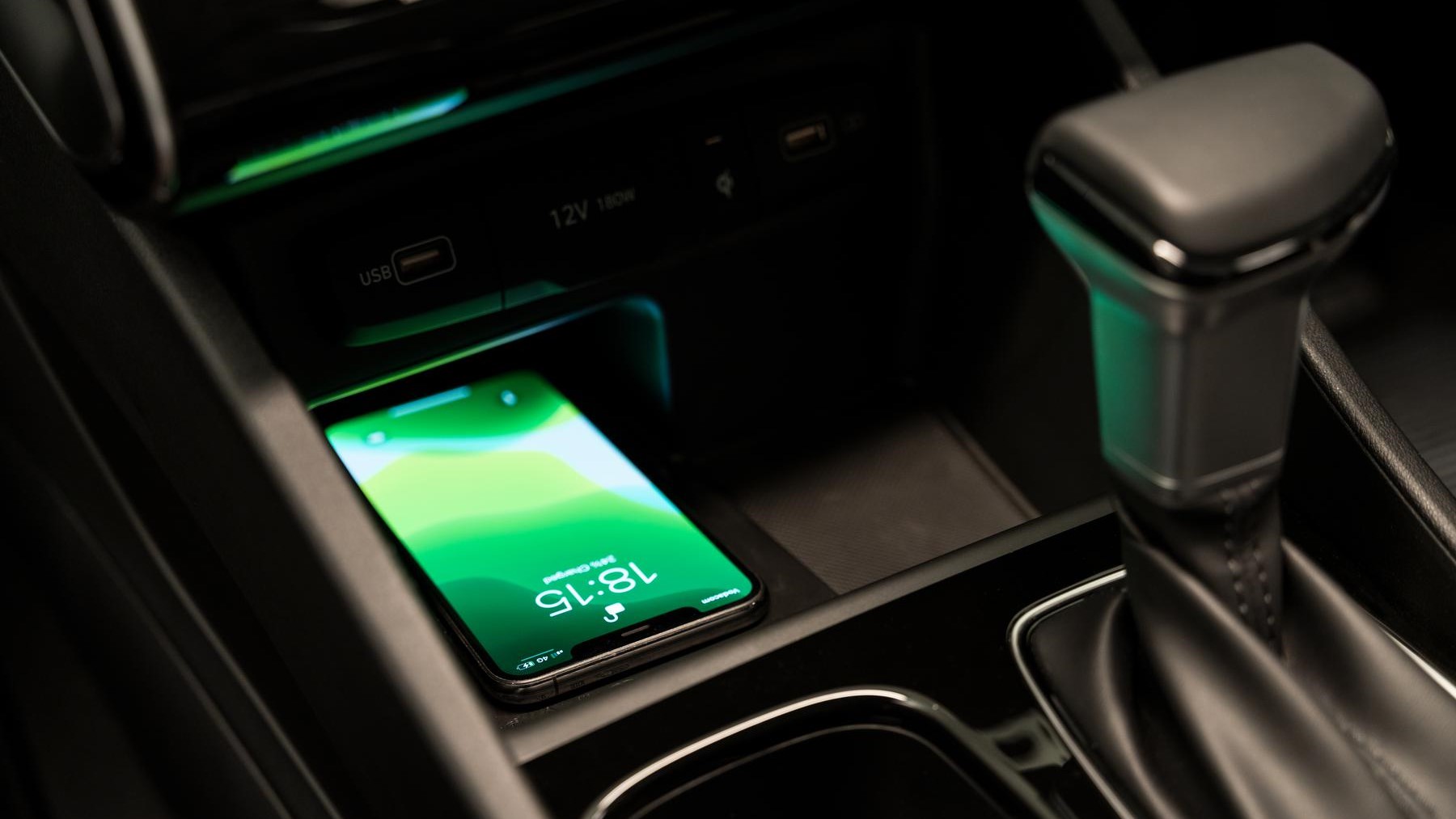
All the Korean engineering
Tucson might be much bolder in appearance than ever before, but it’s not insensible. Those 19-inch alloy wheels might have a dramatically geometric spoke pattern, but they roll 235/55 tyres, with enough sidewall and air volume to cushion those bumps and survive a pothole strike.
The dominant vehicle in Tucson’s segment is Toyota’s Rav4, which no longer offers a turbodiesel engine. Or a dual-clutch transmission. These are both potential points of merit with Tucson.
Its 2-litre turbodiesel engine boosts 137kW and 416Nm. Those aren’t outrageously potent outputs, but combined with the rapid-shifting 8-speed dual-clutch transmission, you’re never in a deficit of overtaking acceleration.
Whether you want to switch lanes in highway traffic or passing slower heavy vehicles on the N1, Tucson’s throttle input responses between 80-120km/h remain very impressive. Its usable real-world performance doesn’t come at the cost of fuel consumption, either. Driven sensibly, the Tucson’s 2-litre turbodiesel engine can operate at less than 7l/100km, offering very good fuel economy.
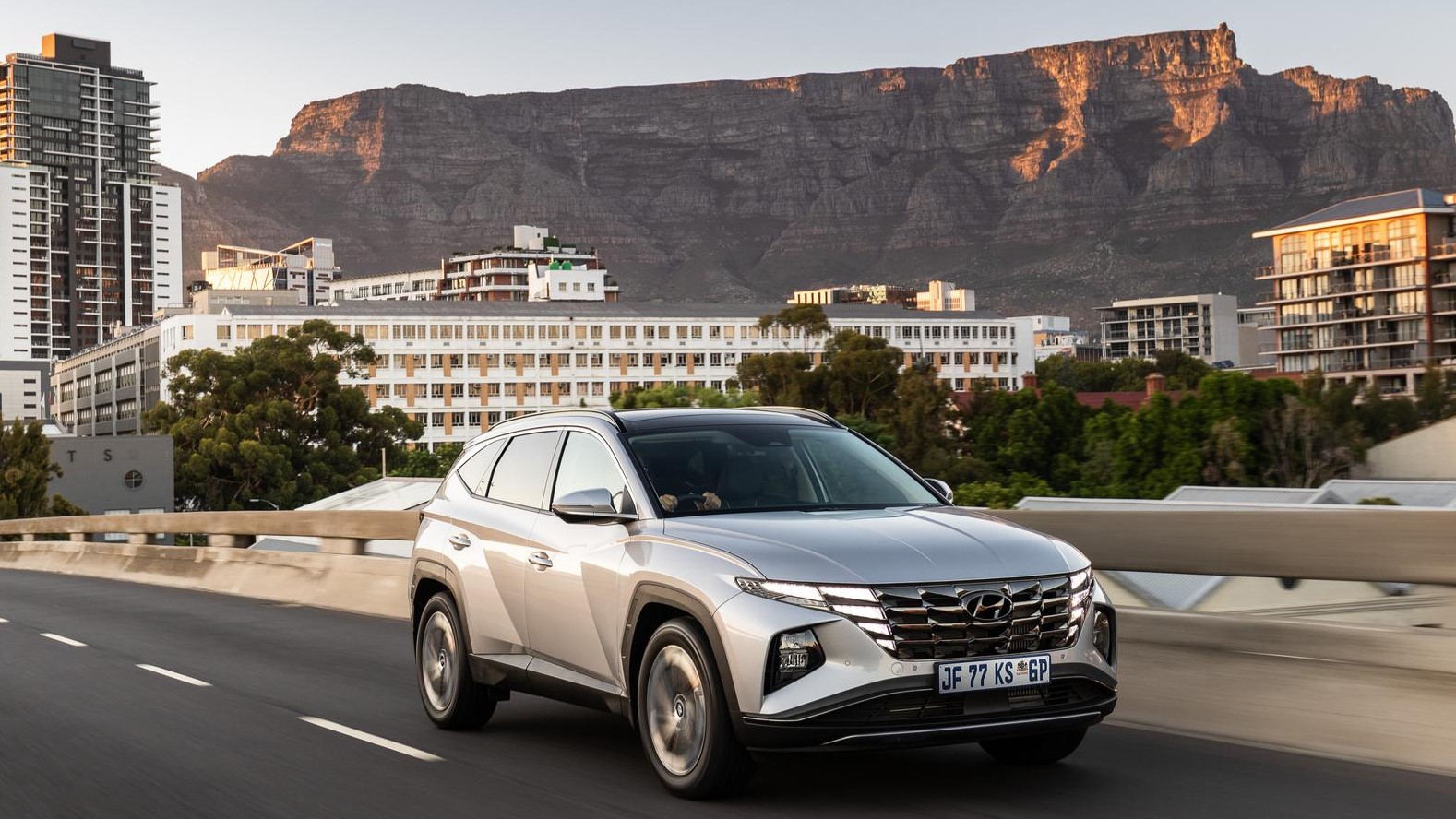
A Korean brand on the rise
It’s telling that Hyundai can afford to be this bold with Tucson.
South Africans now recognise the core Hyundai brand values of dependable engineering and build quality. Those are never in doubt when discussing a modern Korean car. But the one issue Hyundai suffered from is brand anonymity. And it’s made a concerted effort to redress this over the last few years, with very bold designs. Polarising? Potentially.
But the point is that those previous generation Tucson owners who loved their Hyundai SUVs, often ventured beyond the brand to seek something more daring in appearance instead of being upcycled or retained.
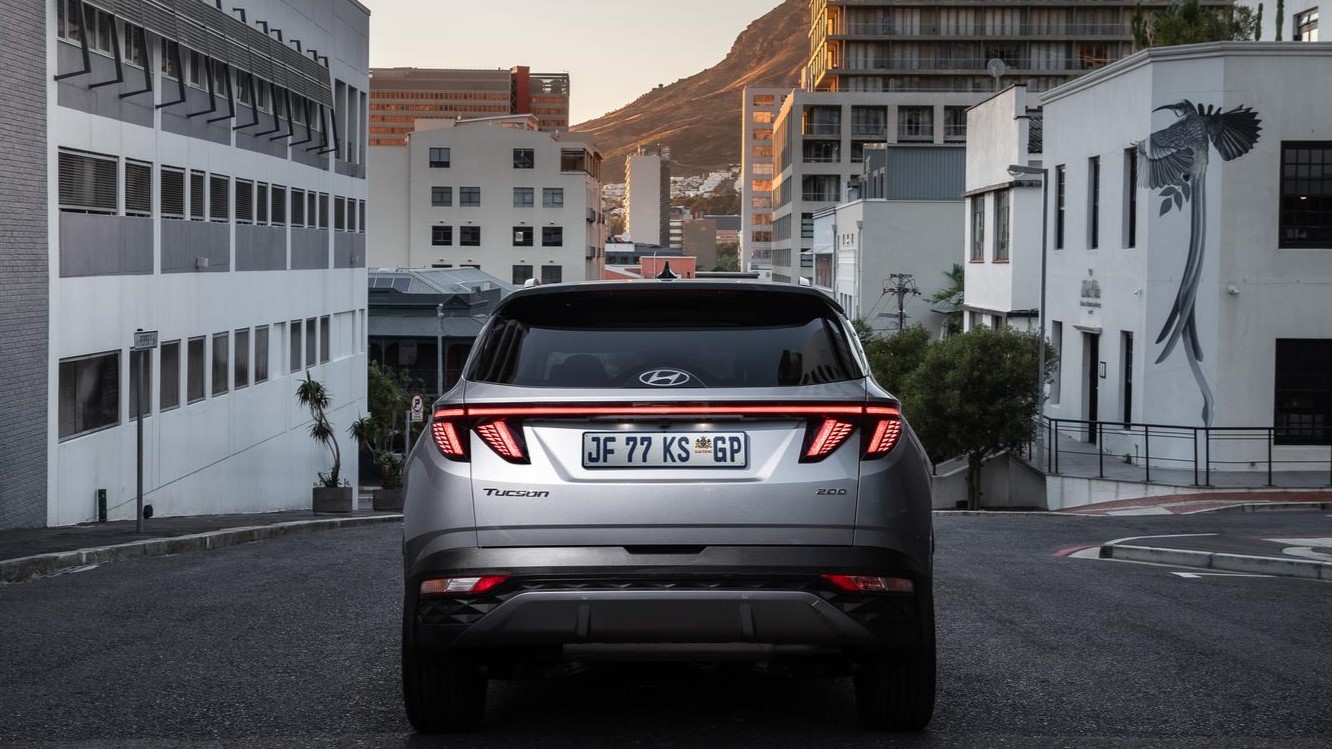
Strong sales support
With its latest design update, this is no longer the case. This latest Tucson has all the legacy Hyundai quality and feature-rich specification, with a distinctive exterior design that isn’t vanilla.
Few mid-sized crossovers offer all-wheel drive, a dual-clutch transmission, and turbodiesel powertrain. Tucson offers all three, with the support of an extensive dealer network, advanced infotainment and very individualistic styling. Just remember, the ‘c’ is silent…
*The Hyundai Tucson Elite 2.0 Diesel is priced at R764 900, and of course, it’s backed by Hyundai’s 5-year/150 000km product warranty.
